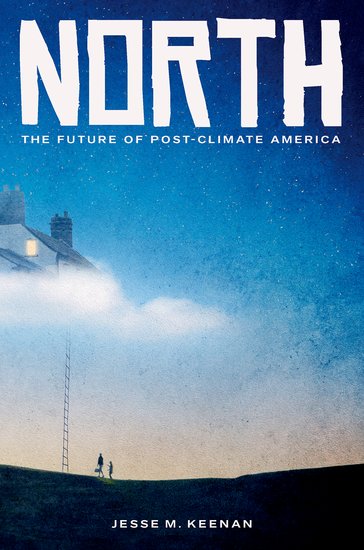The recent UN COP (Conference of Parties) climate summit revealed fissures about how to solve the problem of climate change. What are the divisions? How can states and people help mitigate climate change? [ dur: 58mins. ]
- Pamela Chasek is Professor of Political Science at Manhattan College. She is the co-founder and Executive Editor of the Earth Negotiations Bulletin. She is the author of Transforming Multilateral Diplomacy: The Inside Story of the Sustainable Development Goals, Global Environmental Politics, and The Global Environment in the 21st Century: Prospects for International Cooperation.
- Shannon Gibson is Associate Professor of Political Science, International Relations, and Environmental Studies at the University of Southern California. She is the author of the forthcoming book Politics of Global Environment. She’s also the author of a recent article in the Conversation How climate finance to help poor countries became a global shell game….
This program is produced by Ankine Aghassian, Maria Armoudian, Doug Becker and Sudd Dongre.
Environment, Politics and Activism, Climate Change, Environmental Activism
Podcast: Play in new window | Download
Subscribe: RSS



